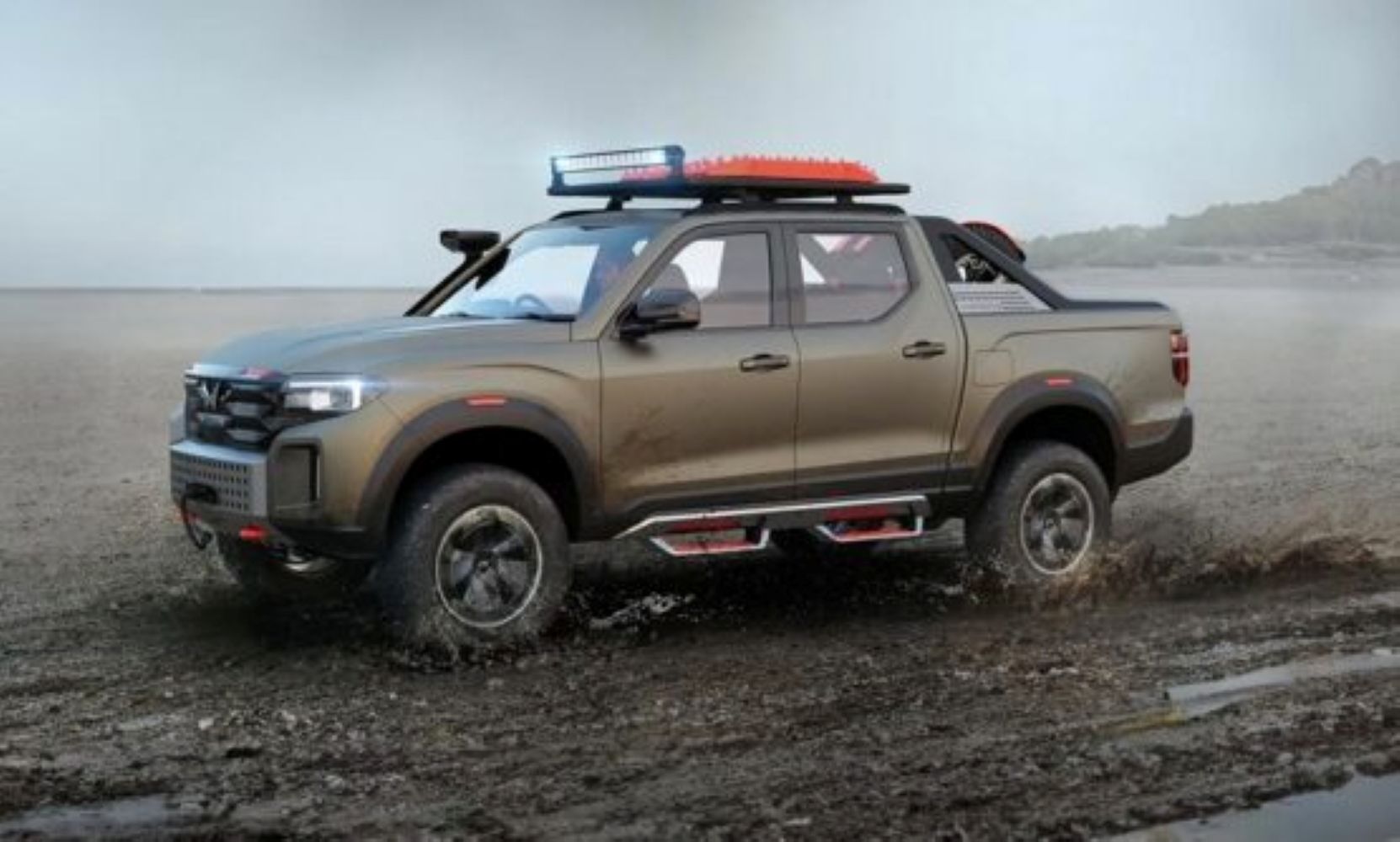At least a dozen more players are vying for a share of a market that hasn’t grown since 2019.
The extent to which Chinese vehicle brands, particularly SUVs, are upending the motor retail market in the country is starkly laid bare in the annual results of Combined Motor Holdings (CMH), published on Wednesday.
CMH is a useful proxy for the market given the breadth of the marques it runs dealerships for under franchise. It has 43 retail dealerships representing 29 brands in KwaZulu-Natal (it owns practically every dealership in Umhlanga), Gauteng, and the Western Cape (practically Cape Town).
At the headline level, things don’t look too bad, with revenue in its motor retail/distribution division up 4% and profit before tax down ‘only’ 12%.
CMH CEO Jebb McIntosh says this was “caused principally by the pricing pressure which was intensified by the invasion of low-priced foreign imports and the consequent decreased sales volumes of the traditional locally sourced brands”. Here, he specifically highlights Chinese and Indian manufacturers.
ALSO READ: Chery, GWM, Foton and BAIC: Who’s who in Chinese car zoo?
What the numbers reveal
This seismic change is seen in monthly sales data from the Automotive Business Council (Naamsa).
In March, four of the top 15 manufacturers of passenger and light commercial vehicles (LCVs) were from India and China. And this excludes models being manufactured in India by Suzuki (Swift, Baleno, Fronx, Ertiga), Toyota (Starlet, Urban Cruiser, Vitz), Nissan (Magnite), Hyundai (Grand i10, i20), Renault (Kiger, Triber).
One analysis published last year showed that two thirds of the 20 best-selling passenger cars in SA during Q2 were manufactured in India.
Mahindra now sells as many vehicles in SA as Nissan (about 2 200-2 300 a month), while together GWM (which includes Haval), Chery and Omoda and Jaecoo now sell as many vehicles as Volkswagen (around 4 700-4 800). So successful has this push by Suzuki been that it has overtaken VW as the second largest manufacturer locally by sales volume.
CMH operates five Suzuki dealerships, four each for Haval and GWM, and three each for Chery and Mahindra.
It also owns 14 Foton dealerships out of 55 in the country, with the brand focusing on LCVs, taxis and small trucks. CMH says the “introduction of the Foton light commercial range has exceeded expectations” and the product “featured in the February local top 10 sales list for commercial brands”.
ALSO READ: Changan and Deepal brands officially approved for South Africa
It believes Foton will be a “meaningful profit contributor in the year ahead”. (It sees another bright spot in the aftermarket parts division MPD, which increased profits 22%. Because this operation is focused on brands of Indian and Chinese origin, it believes “the increased volumes of such vehicles in South Africa augurs well for the future”.)
A significant amount of the pain is being felt in the SUV segment, with all of the Haval, Chery, Omoda and Jaecoo models being SUVs.
Variants from European and Asian manufacturers, including Volkswagen, Mazda, Mitsubishi, Kia, and (to a limited extent) Ford, are feeling the pinch. Others, like Nissan and Volvo (which is pivoting to an all-electric future), have exited the segment completely.
Volvo has cut its local dealer network from 25 (more recently 19) to just seven, and CMH will operate four of those going forward.
ALSO READ: VIDEO: Dongfeng debuts as latest Chinese brand in South Africa
A market of no growth
McIntosh says that the “phenomenal entry of importers” has meant that “although the market has shown no growth in five years, there are at least a dozen more players vying for a share”.
In 2014, new passenger and LCV sales totalled 612 430. Five years later, this had declined to 508 573. In 2024, it was 484 556.
Over the past decade, sales are down 21%.
He says the “luxury vehicle sales market has been hardest hit in recent years and has been in decline for almost a decade”.
“Statistics record a 10% fall in sales between 2022 and 2023 followed by a further 8% contraction during 2024.”
At the other end of the market, there has been a “sharp decline” in sales of minibus taxis. McIntosh says the “pullback of SA Taxi Finance following allegations of fraud within the ranks of operators, and mounting bad debts, has prompted the principal motor finance houses to cut funding, thereby reducing sales by up to 80%”.
ALSO READ: Chinese automakers presence felt in SA; challenges mount for automotive industry
Impact on local manufacturers, employment
The big impact is still to be seen on local manufacturers.
McIntosh says, “the unrestricted proliferation of Chinese and Indian vehicle imports has placed extreme pressure on local producers, and many jobs may be lost unless there is more government support”.
Naamsa highlighted in January that in 2024, for the first time since Covid-affected 2020, vehicle exports declined “to 308,830 units, down by a substantial 22,8% compared to the record performance of 2023 when the industry exported 399,594 units”.
It cited various factors including “a slowdown in demand in the EU, the domestic automotive industry’s key export region, due to low economic growth, stricter emission rules, and competition from cheaper electric vehicle imports from China in the region, as well as the timing effect of new model introductions in the domestic market by major exporting OEMs [original equipment manufacturers]”.
This was all before US President Donald Trump’s tariff war, which if enacted fully (as originally envisioned) will surely push local manufacturers to the brink.
This article was republished from Moneyweb. Read the original here.
